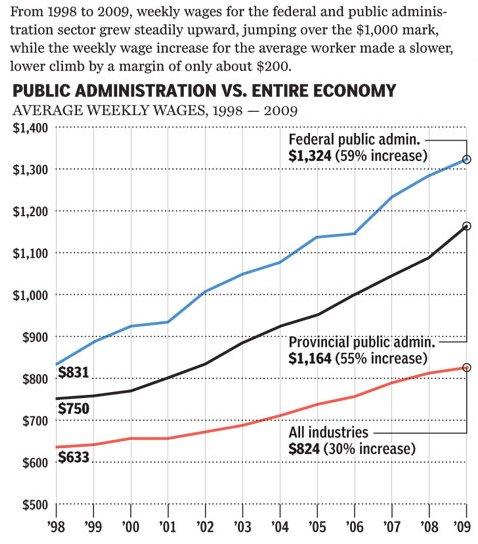The Browser interviews Victor Shih:
What do people get most wrong when they think of the Chinese economy?
The biggest misperception about China is that it’s a dynamic market economy — it isn’t. It’s a fast-growing, state-dominated economy with some dynamic, private-market aspects. If you look at investment, a main driver of growth, much of it is going to state-owned enterprises (SOEs) or shareholding companies dominated by state entities. Or it’s going directly to government investments carried out at a central or local level. The misperception has abated recently following Richard McGregor’s book on the Chinese Communist Party. People are realising that the party is still behind much of what happens in China.
[. . .]
Your first choice is Yasheng Huang’s Capitalism with Chinese Characteristics. I believe this book successfully demolishes the idea that China is developing a new economic model called ‘market authoritarianism’.
I think Yasheng goes a little too far with some of his claims. But the broad outline is correct. There was a period of healthy organic growth in the 80s, driven by the de facto private sector. Many township and village enterprises were collectives or owned by the local government. But in reality they were private enterprises. This changed in the mid-90s, especially with the adoption of the ‘grasping the large and letting the small go’ policy that circumvented the special interests in the state sector. When Deng Xiaoping was alive, his executive vice premier, Zhu Rongji, wanted to bankrupt or merge many of the smaller state-owned enterprises into larger ones. It was a political tactic to further reform. And it worked.
The problem was that it created these giant, state-owned enterprises. Recent statistics reveal the state sector made a profit of 2 trillion renminbi last year, of which the 122 largest SOEs made 1.35 trillion. They have combined assets of over 10 trillion dollars and have become an enormously resourceful and powerful interest group. Their CEOs have numerous ties with top political leaders and sit on the party’s central committee. Most bank loans, issued bonds and stock-listing proceeds in the system go to these conglomerates. There’s still a private sector but it has been squeezed tremendously, especially in the last two years.
[. . .]
Most investment bankers like to talk things up, but that’s not something we can accuse Carl of doing.
By the late 90s, China’s banks were technically insolvent because the non-performing loans ratio was 40 to 50 per cent. Carl’s still a big fan of Zhu Rongji, the former prime minister. One of Zhu’s greatest achievements was to ‘solve’ the problems in the banking sector by setting up asset-management companies and recapitalising the banks. Today, of course, the banks are still lending very recklessly despite a lot of reform — the formation of credit and risk-management committees, for example. The banks continue to require bailouts and recapitalisation from the Chinese government, which props them up so that they can sell these bank shares to the public in Hong Kong or Shanghai. Carl sees this process as a kind of Ponzi scheme.





